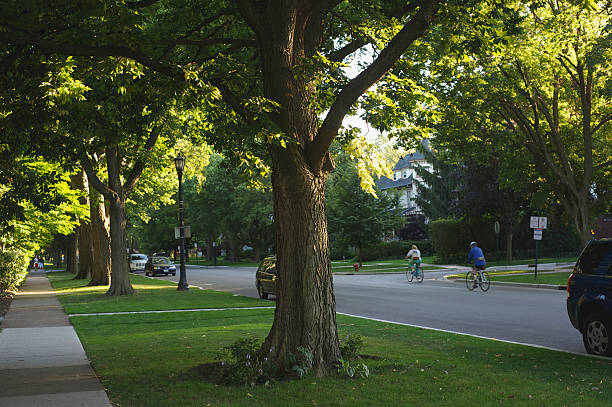
In a bold move to revitalize the capital, Minister of Urban Development, Benarva Browne, has announced plans to commence open space development and green area renovation in Kingstown this year. This initiative aims to create green spaces and grow trees, combatting the island’s increasing urban heat. While the project promises significant environmental and social benefits, it also presents certain challenges and costs that warrant careful consideration.
One of the primary benefits of this green initiative is the reduction of the urban heat island effect. The introduction of trees and plants in urban settings provides natural cooling, essential in the face of global warming. Additionally, green spaces improve air quality by filtering pollutants, a significant advantage in urban areas where vehicle emissions are a concern.
The project is also poised to enhance community well-being. Green spaces offer residents areas for recreation and relaxation, fostering physical activities and social interactions. This aspect is crucial for mental health and building a cohesive community fabric.
Moreover, the initiative could lead to increased urban biodiversity, offering habitats for various wildlife species. From an economic perspective, the development of these spaces could boost property values and attract tourism, potentially creating new job opportunities in park maintenance and horticulture.
However, the development of green spaces is not without its challenges. One of the primary concerns is the ongoing maintenance and upkeep these areas will require. This includes regular landscaping, waste management, and ensuring the health of the planted trees and plants, which could strain financial resources.
Infrastructure adjustments pose another significant challenge. Integrating green spaces into Kingstown’s existing urban layout might necessitate redesigning sidewalks for accessibility, and adjusting underground utilities to accommodate tree roots. These modifications come with their own set of costs and logistical hurdles.
Furthermore, the success of this initiative heavily depends on the selection of appropriate plant species. The plants chosen must be resilient to urban conditions and considerate of the city’s infrastructure, especially regarding root structures.
The initiative’s success will also hinge on public engagement and support. Involving the community in the planning and maintenance of these spaces could foster a sense of ownership and responsibility, ensuring the longevity and upkeep of these green areas.
The Governments initiative marks a significant step towards transforming Kingstown into a more sustainable and livable city. While the benefits of this green revolution are clear, addressing the accompanying challenges will be crucial for its success. This project is not just an investment in the environment but in the health, well-being, and economic prosperity of the local residents.



 and then
and then